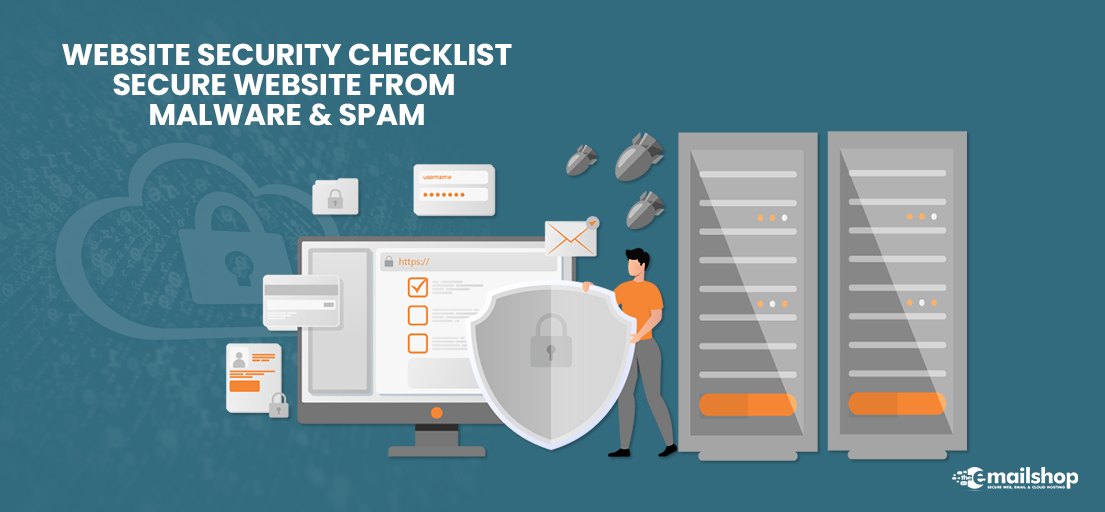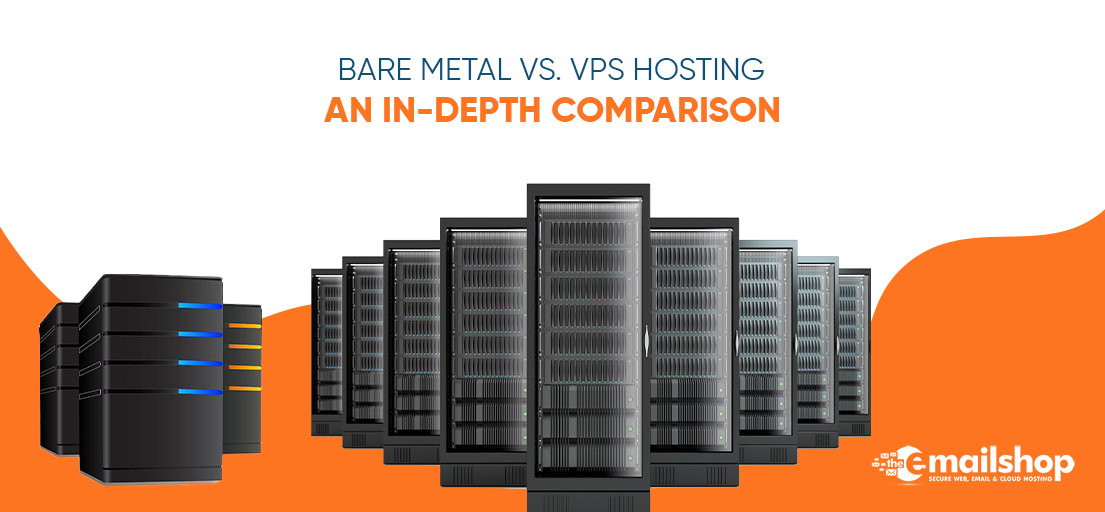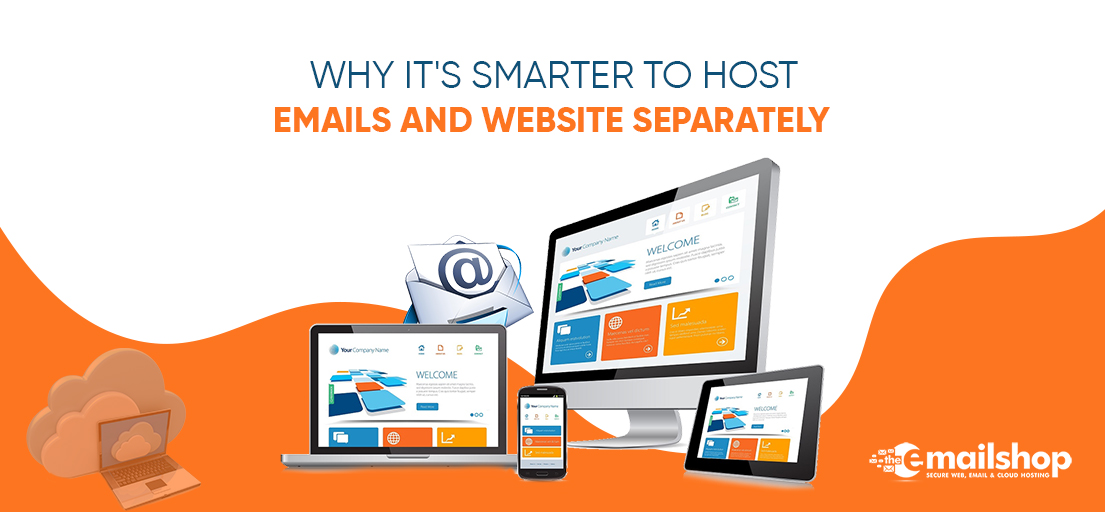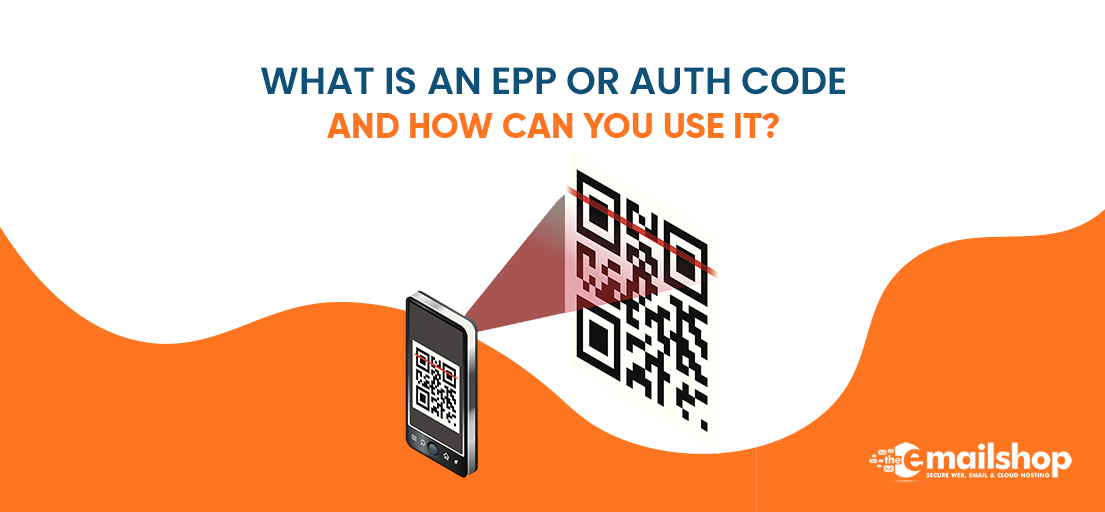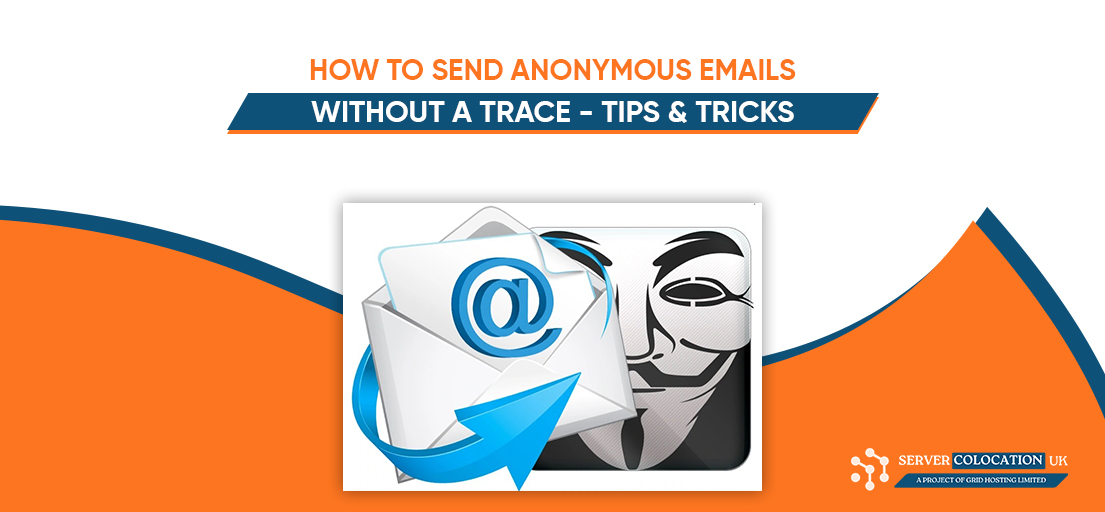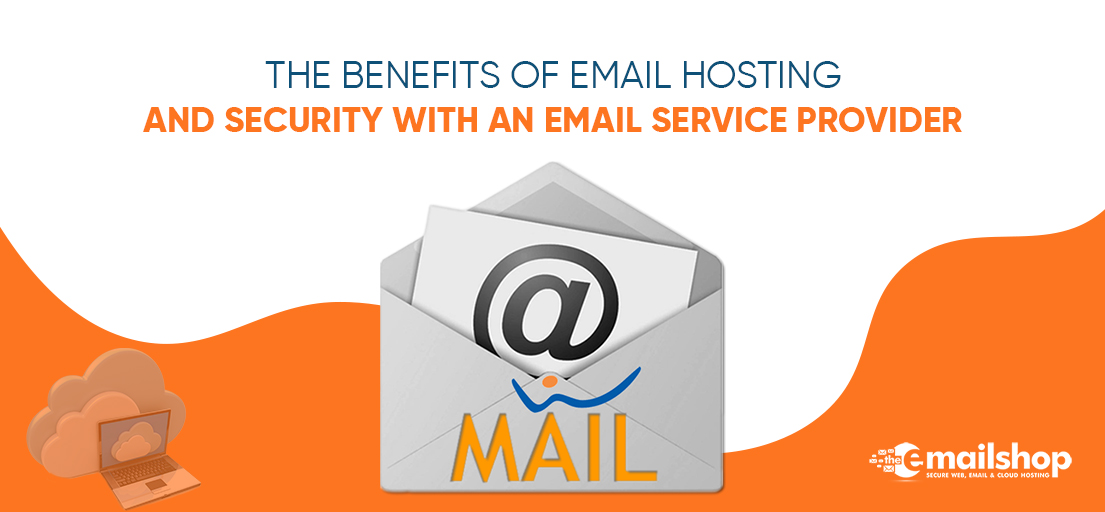It’s not a surprise that security has become an important concern for web developers and website owners. As the internet grew in popularity and became the go-to method of communication, information, and trading thus website security checks are essential to hindering the spread of malware and spam. In this article, we will discuss some of the security checks to avoid malware, spam, and intruders from getting into the website.
Install and check SSL Certificate
An SSL certificate is an important security action for any website because they secure the website information and allows secure connections online. Website owners must check the status of their SSL certificate and update it regularly.
Prevent Brute Force Attacks
Brute force attacks can be equivalent to DDoS attacks, but the aim is to assume an admin password and break into the website. Following measures can be adopted to avoid Brute Force Attacks. That said, these can slow your site down as well.
- Using Firewall
- Enable two-step authentication on the admin account.
- Give access to privileged accounts.
- Change the URL of the Admin account and set the limit of login attempts.
- Update Password Regularly
Defend against SQL injection
Most databases are managed by SQL and SQL injection is the common hack to intrude the websites. It involves hackers attaching their own SQL code and inject in the database to get access to sensitive data. Website databases that are victims of this type of attack are not able to tell the distinction between normal SQL requests and hacker requests. This security threat can be avoided by using :
- Amazon’s (AWS) shield
- SQL injection countermeasures.
- Filtering website’s user input.
Use Trusted Payment platforms
Website wonders should use reliable and trusted online payment platforms to avoid their payments being managed or going into the fraudulent accounts and platforms respectively. Processing credit or debit cards, web payments, or PayPal payments, should be done from reliable services such as Stripe and Paypal. They provide secure payment methods.
Backup Data
Data on the websites and servers are very important to the owners and its loss can have devastating effects. Whatever the reason for data loss either an attack or system failure, having backup data is the best solution to save the data. Most web hosting providers provide reliable cloud storages in which users can upload their data. To avoid data loss and keep the server or website running it is highly recommended to back up data regularly.
Put Authentication on important pages
Keeping admin credentials away from the hands of hackers and intruders is another essential method to ensure website security. Thus important pages must have authentication so that only authentic access can visit them. Another approach is to ensure that website has a feature or plug-in that protects individual pages and folders with passwords. This will give privilege control to people who are allowed to access the pages and make changes.
You Might Also Like to Read: 7 Reasons to Avoid Cheap Web Hosting
Defend against XSS cross-site scripting
Another trick that hackers use to harm web applications and websites is using XSS cross-site scripting. This pushes bad code into websites, where it can be passed onto visitors’ browsers and capture their data and private information. These sorts of attacks manipulate different vulnerabilities in a website Moreover, it is challenging to protect websites from XSS attacks. The best precaution a website owner can take is:
- Use a web application firewall (WAF) to scan the website
- Filter HTML inputs.
- Using Amazon Web Service’s (AWS) Shield.
Use HTTP/2
HTTP/2 allows for secure information transmission without encryption. It reduces the amount of time that is swapped between the server and client. Data requests have multiple lanes in a TCP connection, which speeds up the transmission of the data. Moreover, It automatically enables HTTPS and gives the website a boost in SEO. Webflow has integrated HTTP/2 already, which provides websites with both speed and security.
Website security is the most important thing to website owners. If a website gets hacked it can end up the business, disturb SEO, noxious data loss, lose the trust of visitors, and hackers leave security holes through which they can always come back. The website owner doesn’t have to be a professional developer to take extra steps to secure the website. Website security starts with proper website security checks that are discussed above which can be performed by anyone.
For Discount and Offers Visit our Official Twitter Page

